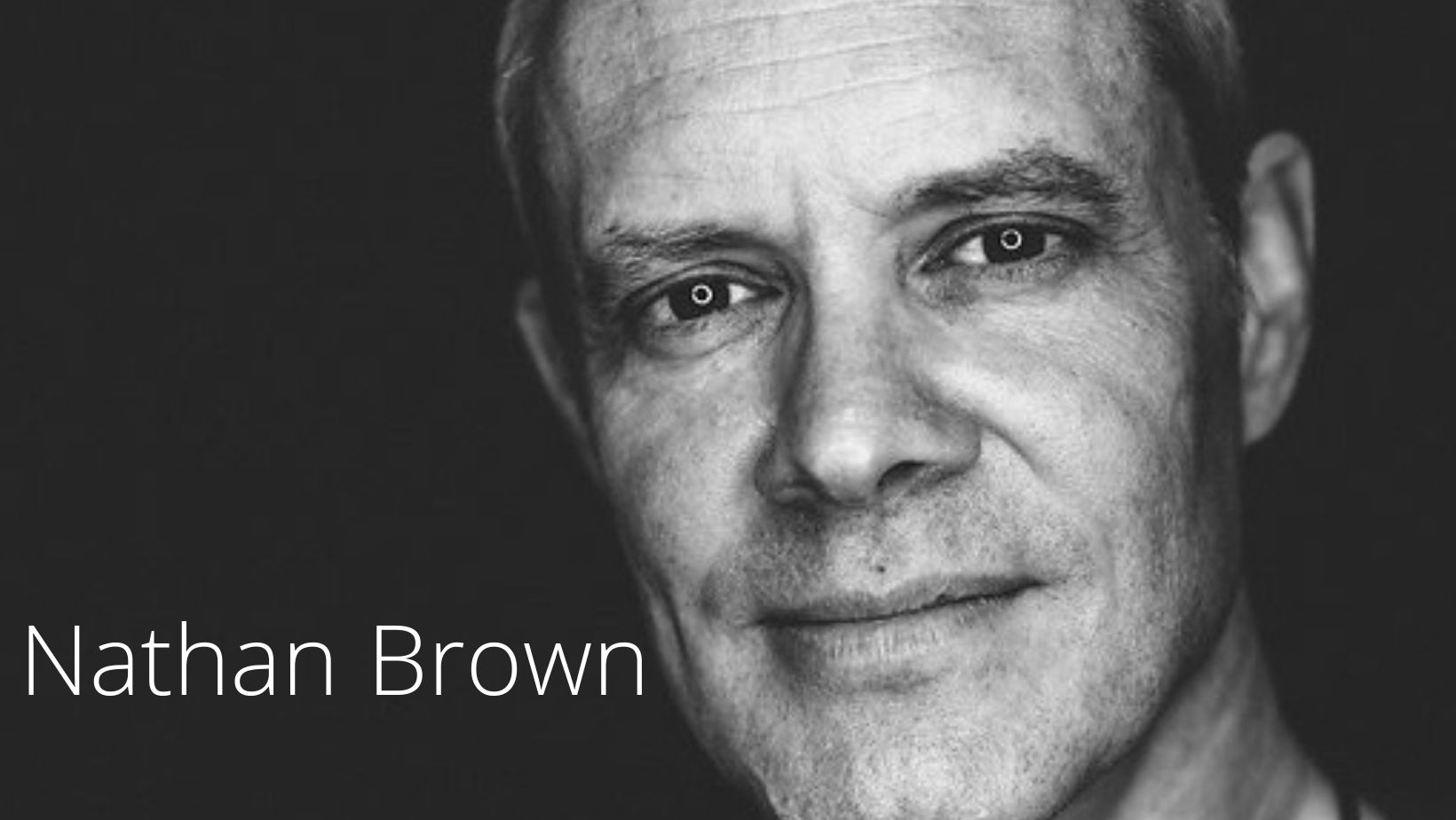I lost a best friend, fellow vagabond, and gifted poet to a long battle with cancer. We traveled and performed together for years. We joked over homemade-hotel-room drinks about how the $31 we raked in from the donations for the night’s house concert, or whatever it was we could drum up, weren’t even enough to pay for the liquor we’d bought before the gig. And he walked with me through the shadows of the “relative loss” of my young daughter through divorce. (Although, now in her mid-20s, we are as healed and close as can be.)
Towards the end of his time, we sometimes cried in late-night restaurants about his impending fate — how it would affect his kids, how his wife would eventually have to move on. We sometimes laughed about it all too… to keep from dying sooner than necessary. He had a precocious, and often precarious, sense of humor in the face of last things.
Watching Jim die, so slowly, paired with what I went through with my daughter, had a profound and permanent effect on me. His had to do with: Do this thing. Don’t sit around talking about it. The world needs poetry. The ride’s over before you know it. So don’t mess around. Finish the book. Publish it yourself. The other presses are too slow. Then, get to work on the next one.
Where my daughter is concerned, the effect was even more profound. For, basically, she is the reason I’ve written a poem a day for over two decades. I began to journal, for her, in a way, every day in the wake of her long absences. I wanted a record that she was always in my heart, and on my mind. And that daily journaling habit quickly turned into my daily poem habit, and, thus, 26 books.
Poetry, to me, is uniquely qualified among the written arts to speak to the hearts and souls of those who have lost someone dear. Loss is a time for quietness, a time for speaking softly… if at all. Therefore, poetry’s special gift for leaving out all unnecessary words, makes it perfect for these hurting souls and hard times.
So it is that poetry asks the reader to slow down. Don’t read so fast. Let’s breathe. Our words will be few here. The lines will be short. And all that space on the right-hand side of the page will be the comforting silences between the lines, and between us.
In essence, poetry gets to the point. And, if it’s doing its job, it won’t say any of those stupid, mindless things that too many people too often say to us when we’ve experienced profound and inconsolable loss. My father, a pastor, was an absolute master of quiet poise and what not to say when he showed up at the heartbroken home, the hospital, or the funeral parlor. I believe my poetry carries this quality of his in its toolbox.
About Nathan Brown
Nathan Brown is an author, songwriter, and award-winning poet living in Wimberley, Texas. He holds a Ph.D. in English and Journalism from the University of Oklahoma, where he’s taught for over 20 years. He served as Poet Laureate for the State of Oklahoma in 2013/14 and now travels full-time performing readings, concerts, workshops and speaking on creativity, poetry, and songwriting. Nathan has published over 20 books. Most recent are his new collection of poems, In the Days of Our Seclusion, the first in a series, now known as the Pandemic Poems Project, that deals with the year of the pandemic, and a new travel memoir Just Another Honeymoon in France: A Vagabond at Large. Karma Crisis: New and Selected Poems, was a finalist for the Paterson Poetry Prize and the Oklahoma Book Award. His earlier book, Two Tables Over, won the 2009 Oklahoma Book Award. Brown’s poem “Nevertheless, It Moves” comes from his book To Sing Hallucinated: First Thoughts on Last Words.
Resources:
Nathan Brown website
In the Days of Our Seclusion by Nathan Brown
Just Another Honeymoon in France: A Vagabond at Large by Nathan Brown
Karma Crisis: New and Selected Poems, by Nathan Brown was finalist for the Paterson Poetry Prize and the Oklahoma Book Award
Two Tables Over by Nathan Brown won the 2009 Oklahoma Book Award
To Sing Hallucinated: First Thoughts on Last Words by Nathan Brown
Read other acclaimed poets reflections on grief

